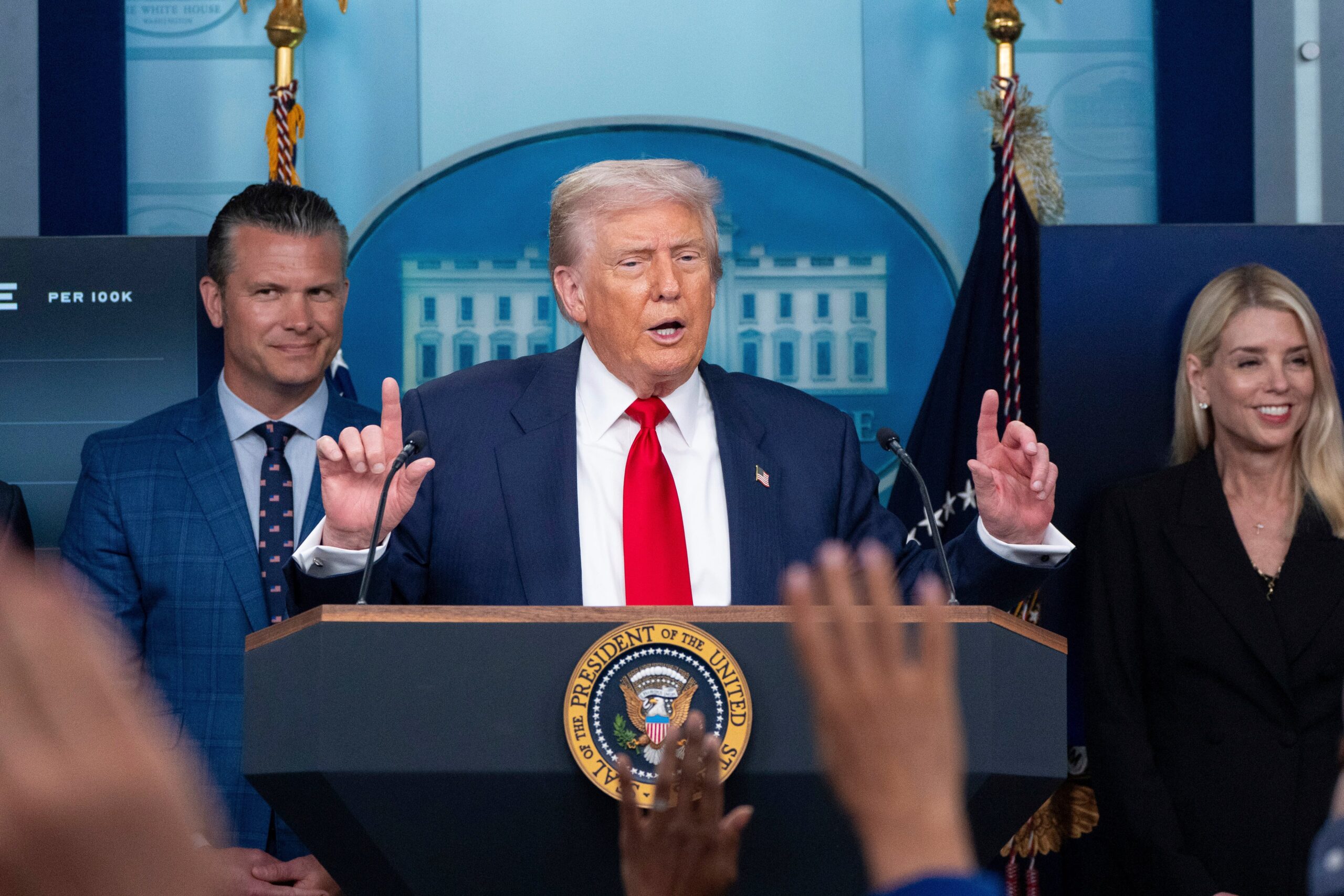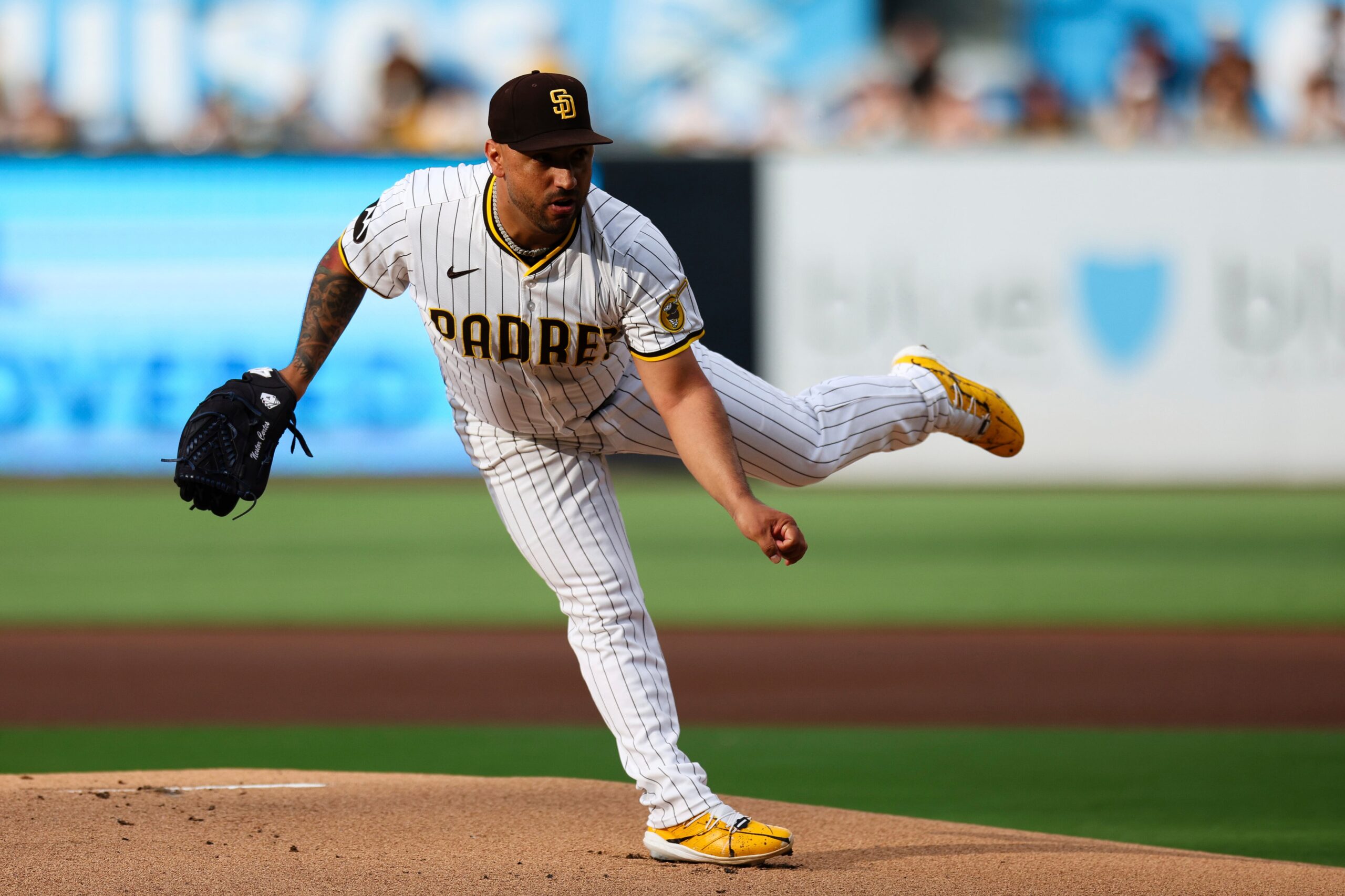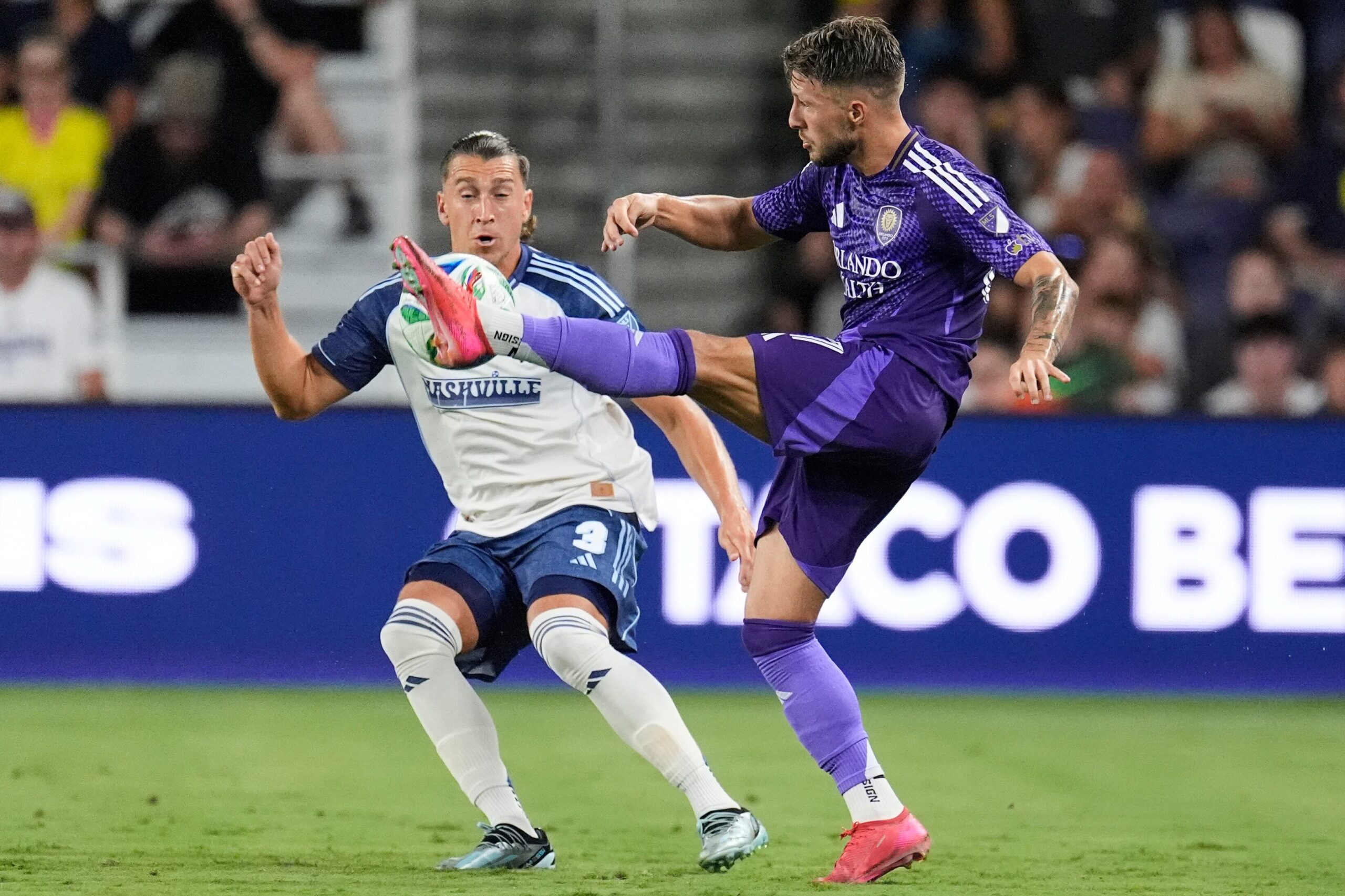WashingtonUnder the pretext that the unprecedented actions are necessary to address an immediate public safety issue, President Donald Trump has taken command of the District of Columbia’s law enforcement and directed National Guard troops to enter the nation’s capital’s streets.
District authorities questioned the president’s emergency declaration, but he insisted on taking “historic action to rescue our nation’s capital from crime, bloodshed, bedlam and squalor and worse.” His words were similar to those of conservative politicians from decades ago who have criticized American cities—particularly those with a majority of non-white people or those run by progressive leaders—for being lawless, criminal, and in need of outside help.
Suggested Videos
Trump pledged on Monday that we would retake our capital on this day of liberation in D.C.
Trump’s move is reminiscent of troubling historical periods.
However, many locals saw the possibility of federal forces advancing into the district’s neighborhoods as a concerning infringement on local sovereignty. Some people find it reminiscent of awkward periods in the past when politicians employed language to fabricate racial narratives about historically or predominately Black cities and neighborhoods in order to sway public opinion and defend harsh police tactics.
Longtime Washington resident and grassroots activist April Goggans expressed her lack of astonishment at Trump’s conduct. Since Trump used National Guard troops during racial justice demonstrations following George Floyd’s death in the summer of 2020, communities in the area have been bracing for a possible government crackdown.
Goggans, who has organized demonstrations and neighborhood civil rights education initiatives for almost ten years, stated that we must exercise caution. She is concerned about the potential effects of increased law enforcement on citizens’ liberties.
Whatever your political stance, realize that this might be you, your kids, your grandmother, or a coworker who is abused or has their rights infringed, she added.
Alarms are raised when one is unsure of what constitutes a safe setting.
National Guard troops will be stationed in the area to safeguard government assets and provide a secure atmosphere for law enforcement to conduct arrests, according to White House officials. According to the administration, violent crime will be discouraged by police enforcement’s conspicuous presence.
Some local groups are concerned because it is unclear how the administration defines creating a safe atmosphere for law officers to make arrests.
According to Monica Hopkins, executive director of the American Civil Liberties Union’s D.C. chapter, the president hinted that if these oppressive methods become popular here, they may spread to other predominantly Black and Brown cities across the nation, including Chicago, Oakland, and Baltimore.
From military helicopters swooping over nonviolent racial justice protesters in 2020 to the unchecked behavior of federal officers who are still exempt from full accountability, we have previously witnessed how federal control of the D.C. National Guard and police can result in abuse, intimidation, and civil rights violations, Hopkins said.
A history of derogatory terminology
For generations, conservative lawmakers have denigrated the state of major American cities and demanded more police, frequently in reaction to the shifting demographics of those cities brought about by nonwhite populations moving there in search of employment or protection from state violence and racial discrimination. Since at least the Watts Riots in Los Angeles in 1965, Republicans have demanded more police crackdowns in urban areas.
As part of his Southern Strategy, President Richard Nixon ran on a “law and order” platform to win over white votes in northern cities and made overtures to white Southerners. Nixon was elected president in 1968. Similarly, Ronald Reagan won both of his presidential elections after running a strong law-and-order campaign. For decades, politicians like former President Bill Clinton and former New York Mayor Rudy Giuliani have used the need to reduce crime as justification for taking over cities like Washington.
Mayor Muriel Bowser of the District of Columbia described Trump’s takeover of the local police force as disturbing but not unprecedented. During a news conference on Monday after Trump’s decision, the mayor maintained a largely composed demeanor, but he denounced the president’s justification as a “so-called emergency” and claimed that the people of the district are aware of how precarious access to our democracy is.
On the campaign trail, Trump said the district was a murderous and criminal nightmare and vowed to seize control of and beautify the nation’s capital. Additionally, he said that the city was poorly managed and that his group planned to remove the mayor from office. During his news conference, the president reiterated remarks he had previously made regarding several of the biggest cities in the country, including New York City, his hometown, Baltimore, Chicago, Los Angeles, and Oakland, California. Black mayors now lead all.
You see how awful Chicago is. You see how awful Los Angeles is. New York is an issue, and other cities are in terrible shape. Then there’s Oakland and Baltimore, of course. We no longer even bring that up. They’ve vanished completely. “We will not allow it to occur,” he declared.
The president’s speech is seen by civil rights activists as a component of a larger political plan.
According to Maya Wiley, CEO of the Leadership Conference on Civil and Human Rights, it’s a strategy he has previously employed.
According to Wiley, the president’s rhetoric “creates the impression that crime is out of control, even when that is untrue, then places the blame on Democratic lawmakers’ reform- and public safety-minded policies, and then says that you have to step in and violate people’s rights or demand that reforms be reversed.”
She went on to say that the playbook has particular importance in the capital because Trump used the power to directly subjugate local police enforcement in the district in his statement.
Civil rights leaders condemn the DC ordinance as an unnecessary diversion.
As other communities get ready to react to possible federal action, Trump’s remarks about other large American cities and his actions in Washington sent shockwaves across the nation.
In a statement, Democratic Governor Wes Moore of Maryland stated that Trump’s plan is extremely risky and lacks sincerity. Moore also cited Baltimore’s 30-year-low crime rate as evidence that the administration should work with local leaders rather than provoking them. Mayor Barbara Lee of Oakland referred to Trump’s portrayal of the city as “fearmongering.”
Trump’s deployment of National Guard troops to quell protests and support immigration enforcement operations in Los Angeles, despite opposition from California Governor Gavin Newsom and Los Angeles Mayor Karen Bass, earlier in the summer presented the administration with a significant flashpoint between local control and federal power.
Trump’s conduct in Washington has been criticized by civil rights leaders as an unnecessary diversion.
“This president is the president of chaos and corruption, despite his campaign promises of law and order,” NAACP President Derrick Johnson stated. Why would he send out the National Guard when there isn’t an emergency in D.C.? To divert our attention from his purported involvement in the Epstein documents? To get the homeless out of the city? D.C. is entitled to self-governance. This federal takeover is unnecessary.”








